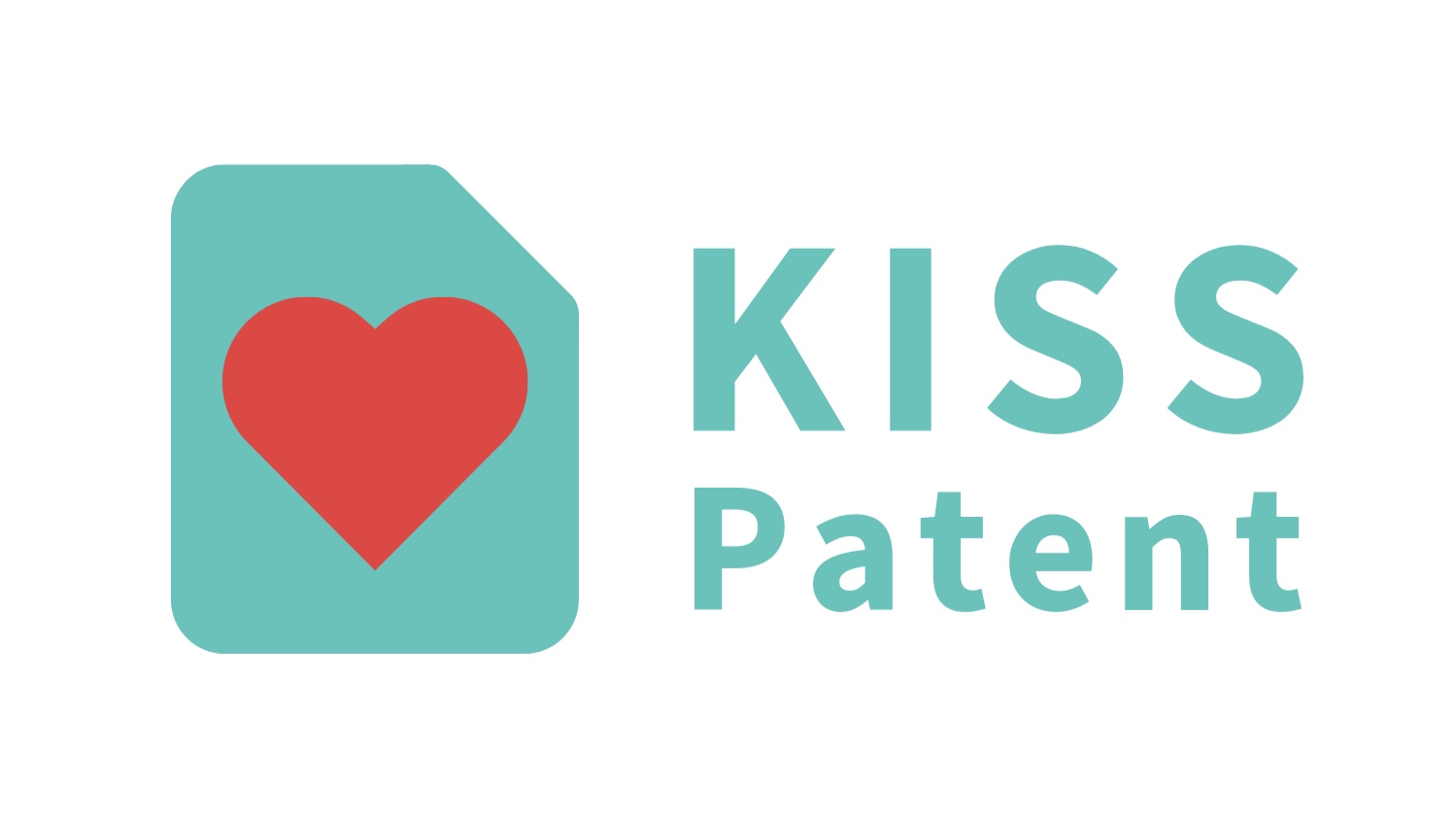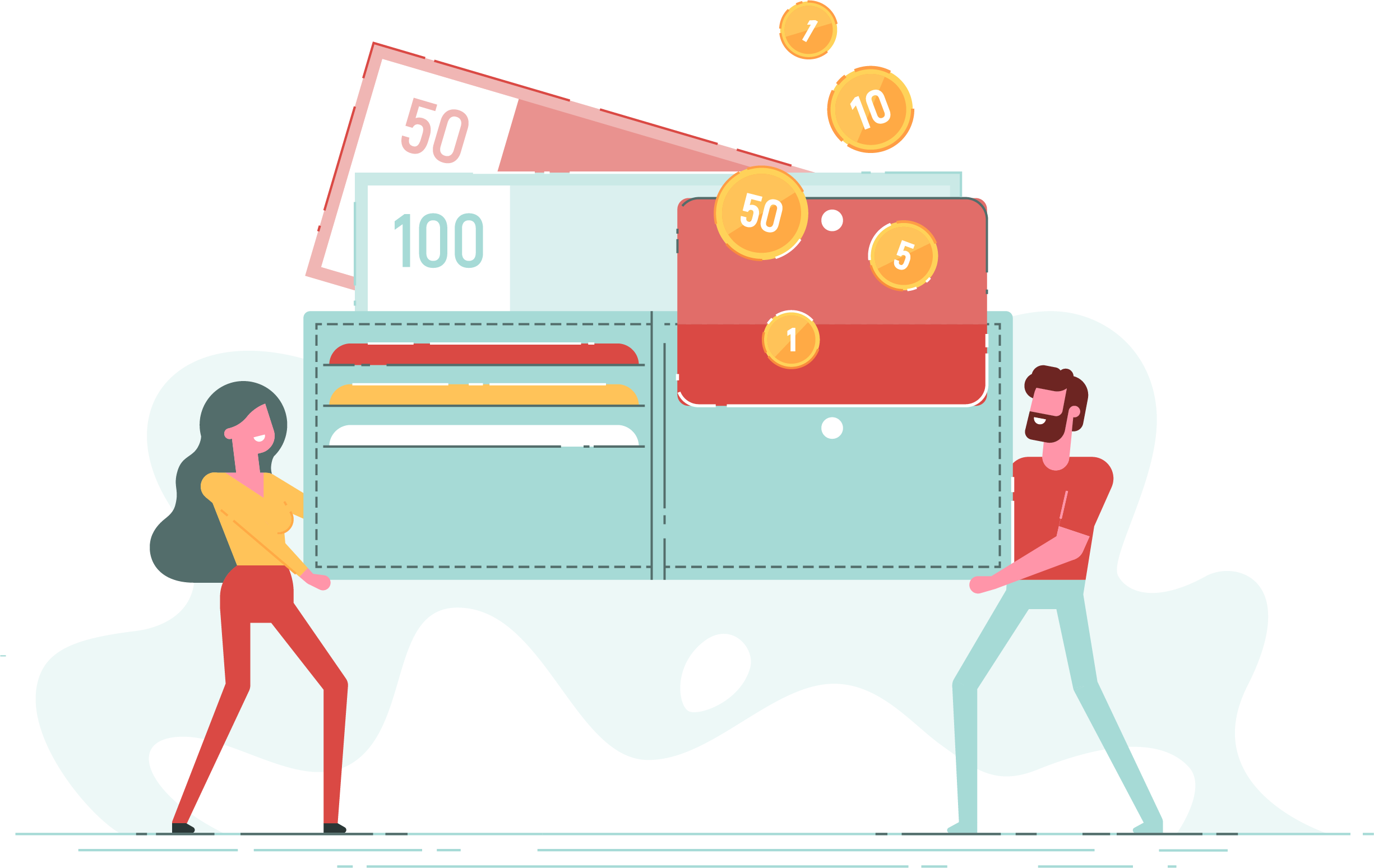Patents.
The answer is: patents.
Hear us out.
Ideas can come from anywhere: a part-time hobby in someone’s garage, exciting planning over the kitchen table, or even at the local university’s funded incubator.
In fact, ask any venture capitalist and he or she will tell you ideas and people to work hard are easy to come by. However, the process of maturing an idea, no matter how brilliant, into a successful business is exceedingly complex, challenging, fraught with risk, and expensive.
Unfortunately, a great majority of startups fail. But, what attributes separate the few successful startups from their less successful counterparts?
Very often, the difference between expansion and extinction comes down to the ability to raise additional capital. It’s not uncommon for startups to have little or no revenue, large research and development expenses, and few tangible assets.
For these companies, especially, the primary and most valuable assets are their ideas and the IP that protects their ideas -- patents, trade secrets, design rights, trademarks, and copyrights.
However, there are two big questions: How does a new business attract money to meaningfully commercialize or monetize its ideas? And, once funded, How does it increase its valuation?
Patents!
Patents facilitate venture capital investment and overall valuation.
Patents are a signal of quality that facilitates access to financing and helps startups overcome the liabilities of newness. In fact, a 2008 Berkeley study found that 67% of venture-backed startups reported that patents had been vital for them in securing investment. While 40% of all startups held patents, 80% of those receiving venture capital investment owned patents.
Patents can help a startup stop the theft of its ideas from bigger rivals.
Patents provide a rock-solid defense against all competitors. Big companies infamously try to “run smaller competitors out of town” simply by exhausting them and their limited resources. But, patents help you be prepared. Patents guarantee you have a seat at the table. They do A LOT of work for a startup. They can literally make your ideas work twice as hard.
Patents can guarantee your startup’s freedom to operate.
Google today decries patent litigation, but as a startup back in ‘98, they deemed its famous PageRank patent so vital it filed for it before it had a business plan, venture funding, or even a domain name -- and then paid Stanford University, to whom the patent was assigned to, millions of dollars in shares to exclusively license it. Without this patent, Google would have been crushed by search engine copycats (Yahoo, Microsoft, etc.) and other big players who once dominated the market.
Patents help startups secure joint ventures and partnerships.
According to a study backed by the National Science Foundation, 49% of manufacturing and service firms have used inventions obtained from external sources to develop their most important new services and products. That’s almost half of every firm out there! And in 14% of those cases, the source was a startup. The patents on those startups’ inventions provided the legal scaffolding around which joint ventures and R&D partnerships were constructed.
Want to make more money from your ideas?
Take our short survey to find out what type of intellectual property is right for your startup!
Patents allow startups to rapidly increase their market share.
There is one great example we all are thankful for today. Carles Puente, a 2014 finalist in the European Inventor Awards, is famous for inventing a mobile phone antenna based on fractal geometry. Basically, it allows it to be much smaller. If it weren’t for him, we’d still carry around brick-sized cellphones. What is most fascinating, though, is that his startup Fractus, could never manufacture enough antennas for the billions of phones sold each year. But thanks to its patents, Fractus was able to license its technology to 90% of the world’s smartphone makers! Patents not only protected their innovative technology but also expanded its market share. A brilliant idea of going beyond owning a patent.
Patents will increase the chances your startup will be acquired.
Nest is a textbook example. The intelligent-home startup has been known to use its patents before to defend itself from bullying and larger rivals, but most notably, its intellectual property was what allowed Google’s acquisition of Nest in 2014 for a whopping $3.2 billion! Google wouldn’t have purchased if it didn’t have substantial and valuable intellectual property, that’s for sure. It’s been estimated that patents increase the valuation of a startup by $1 million!
Patents help startups set the stage for an IPO.
We’ve written about this before, in an article about a patent’s worth to a VC -- that even tech-giant Facebook felt the need, when preparing for its IPO in 2012, to ante up $550 million to buy more than 600 former AOL patents owned by Microsoft. This was in addition to over 700 patents Facebook had bought a month earlier from IBM! The purchases were apparently a response to a Yahoo patent suit against Facebook, but experts claim the larger objective was to reduce investor concerns over the legal risk in advance of its initial public offering, as well as to protect itself from further litigation down the road, given that patents are increasingly the weapons of tech company competition.
Patents can boost a startup to launch a billion-dollar empire.
Silicon Valley’s hottest companies have benefited from patents -- they’ve helped at least 10 major startups launch billion-dollar empires. Some of these include Dropbox’s folder synchronization patent, Square’s patented system for decoding swipe card signals, GoPro’s patented harness system of attaching cameras, Facebook’s patent to dynamically generate a privacy summary, and of course Google’s brilliant PageRank patent.
It’s safe to say, intellectual property is one of the most valuable investments for your startup. It gives you the legal right to prevent others from stealing the intangible assets at the core of your business.
Your ability to protect and assert these rights can determine your success or failure.
Investors, naturally take this very seriously. They want to see what key patents a company has, how they were developed, and how the company has the right to use them.
Even in the unfortunate event that your company fails, selling your patents is the best way to make sure you and your investors get your money back.
Hopefully, this serves to illustrate the value of spending some time and budgeting, at an early stage, to formulate a patent strategy for your business to provide a strong foundation for future growth, expansion, investment, and potentially even an IPO or sale.
Only patents give you control over your idea. Reach out to us if you have any questions about your startup, patent strategy, valuation, and much more!
We are your go-to resource for all things Patent and IP! Learn how you can secure and grow your startup with instructive daily insights from our Learning Hub: https://kisspatent.com/learning-hub
Wondering if your idea is patentable? Have a question about this article? We can answer all of your questions — just hit "contact us" down below!











